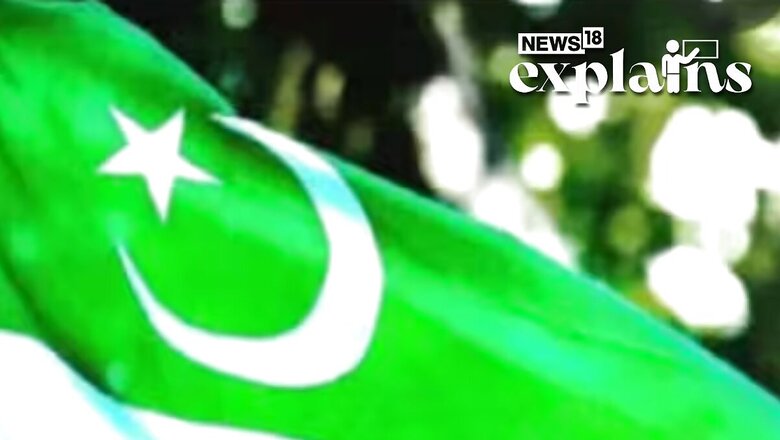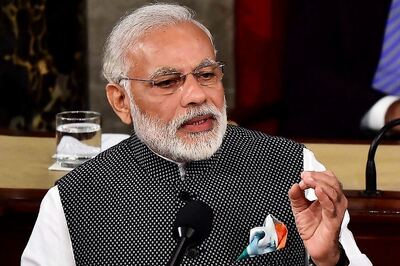
views
During a press conference in Washington DC, Congress leader Rahul Gandhi addressed a question regarding the party’s alliance with the Indian Union Muslim League (IUML) in Kerala. The leader stated that the Muslim League is a wholly secular party, emphasizing that there is no element of non-secularism associated with them.
“Muslim League is a completely secular party, there is nothing non-secular about the Muslim League,” he said. BJP leader and Union Minister Anurag Thakur criticised the comments, saying, that the Opposition party sees “Hindus as terrorists and Muslim league as secular.”
Thakur also said Gandhi should apologise to the nation for ‘disrespecting India on an international platform.’
Amid the developments, let’s take a look at the IUML party, it’s alliance with the Congress and other factors at play:
IUML’s History
As per a report by Indian Express, following the Partition of India, the All India Muslim League disbanded, leading to the formation of different factions. In West Pakistan, the party transformed into the Muslim League, while in East Pakistan, it became the All Pakistan Awami Muslim League.
Pakistan’s early Prime Ministers were from the Muslim League, but the party was dissolved under General Ayub Khan’s martial law regime. Ayub later revived it as the Pakistan Muslim League, which underwent various divisions, reunions, dissolutions, and reconstitutions. The faction led by Nawaz Sharif and Shahbaz Sharif is the most prominent today.
In East Pakistan, the Awami Muslim League advocated for Bengali nationalism and aimed for an independent path separate from West Pakistan’s dominance. Under Sheikh Mujibur Rahman’s leadership, East Pakistan eventually gained independence as Bangladesh.
In independent India, the All India Muslim League was succeeded by the Indian Union Muslim League (IUML), which followed a different trajectory, as per the report.
The IUML participated in elections under the Indian Constitution and maintained a consistent, albeit small, presence in the Lok Sabha. The IUML is strongest in Kerala and also has a presence in Tamil Nadu. It has been recognized by the Election Commission of India as a state party in Kerala.
The IUML’s flag differs from Pakistan’s flag, featuring a white crescent and star in the top-left corner of a rectangular green field, distinct from Pakistan’s flag with a broader white stripe beside a square green patch, where the larger crescent and star are centered.
Congress & IUML History
The IUML and the Indian National Congress (INC) have formed a longstanding alliance known as the UDF in Kerala politics. This alliance, which has been in power for most of the period since 1977, aims to counter the dominance of the Communist Party of India (Marxist) (CPI(M)) in the state, according to a Free Press Journal report.
The IUML, a Muslim-majority party established in 1947, and the INC, a secular party founded in 1885, have joined forces to appeal to a diverse range of voters in Kerala, including Muslims, Christians, Hindus, upper castes, and even Dalits who traditionally support the CPI(M).
The UDF’s success in Kerala politics can be attributed to factors such as strong leadership from the IUML and the INC, their ability to appeal to a broad voter base, and the CPI(M)’s failure to address the concerns of the people.
While the UDF’s alliance with the IUML has faced criticism for alleged appeasement of Muslims, it has also been recognized for promoting secularism and communal harmony in Kerala, the report says.


















Comments
0 comment